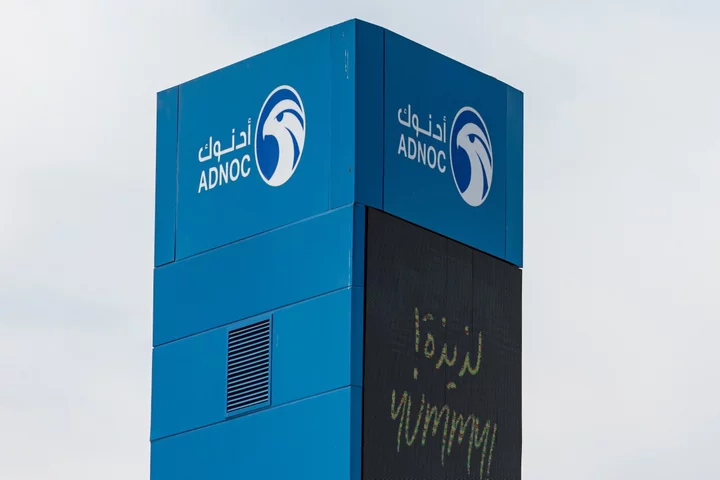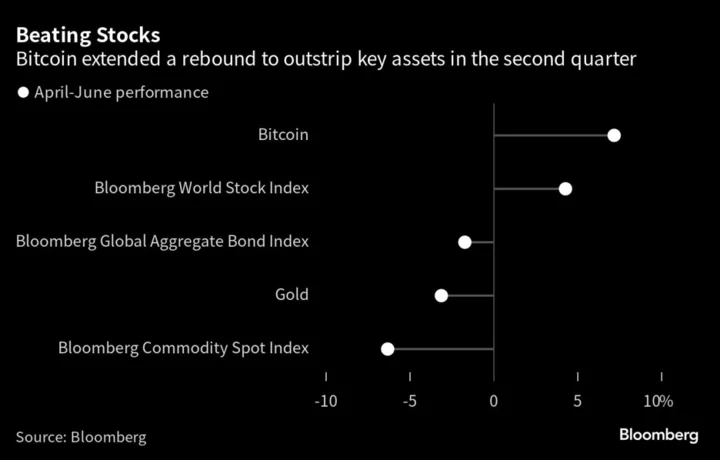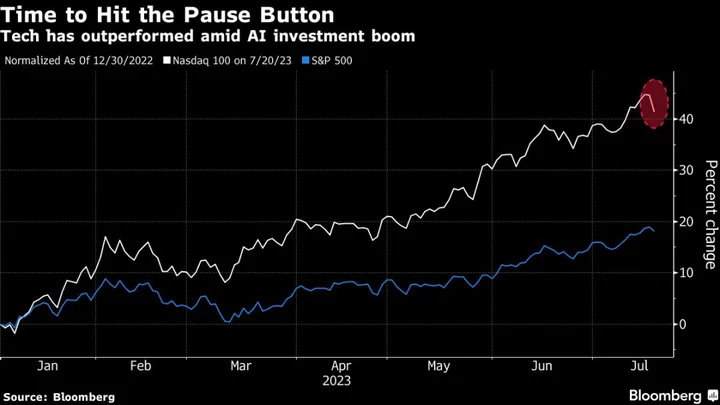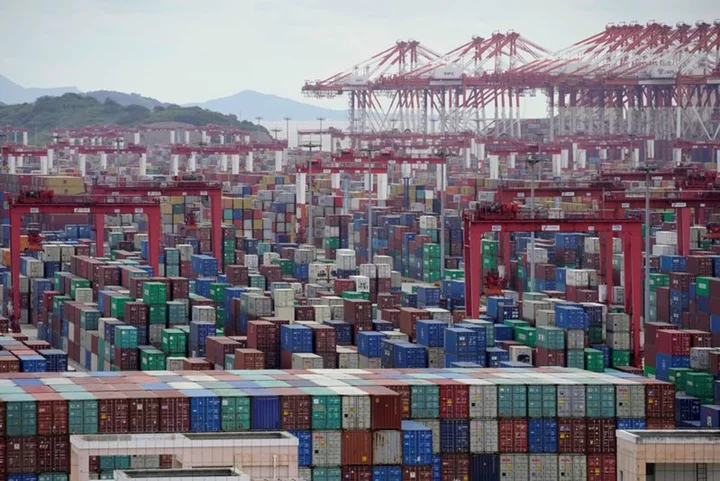The United Arab Emirates’ main oil producer and Australia’s Santos Ltd. agreed to work together on carbon management and to develop technology to trap emissions that contribute to global warming.
The technology that could emerge from the cooperation would help support the companies’ customers in the Asia-Pacific region as they seek to curb emissions, Abu Dhabi National Oil Co. said in a statement.
The oil industry, including companies such as Exxon Mobil Corp., have backed carbon capture as an important technology to fight climate change. But critics have said it’s costly and will be difficult to deploy at the scale needed to reduce emissions. Adnoc has announced similar projects to study ways to eliminate carbon with other producers like Occidental Petroleum Corp.
The UAE, OPEC’s third-biggest oil producer, was the first major Middle Eastern petrostate to declare a net zero target. The country is also hosting the world’s most important annual climate conference later this month, but its role has been criticized by environmentalists because oil remains central to the economy. Adnoc is investing hundreds of billions of dollars to boost output capacity for oil and gas even as it looks to develop technologies to mitigate emissions.
“Large scale-up of CCS is required to meet the world’s climate objectives,” Alan Stuart-Grant, executive vice president for energy solutions at Santos, said in the statement.
Adnoc earlier this year announced plans to develop a major gas field off the UAE coast, which will include carbon capture. The company has several similar projects at fields in the emirate as it seeks to capture 10 million tons of emissions a year by 2030. That’s less than half of Adnoc’s declared emissions from its own operations.








